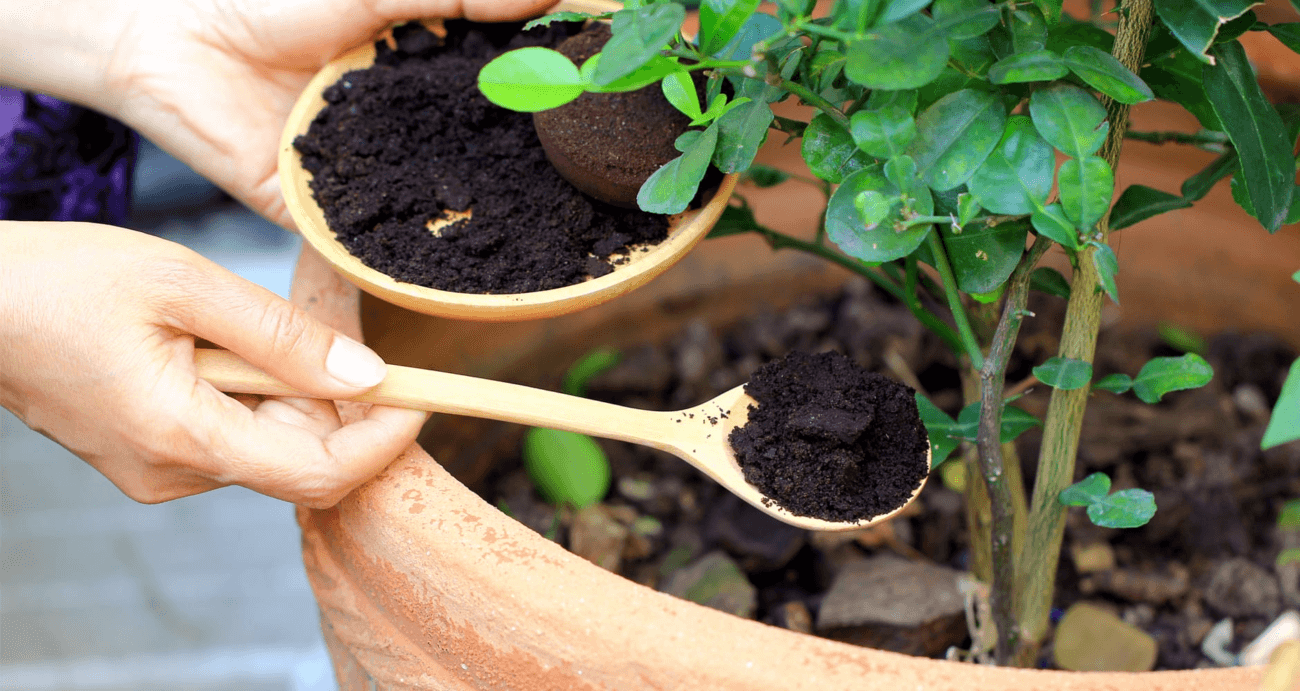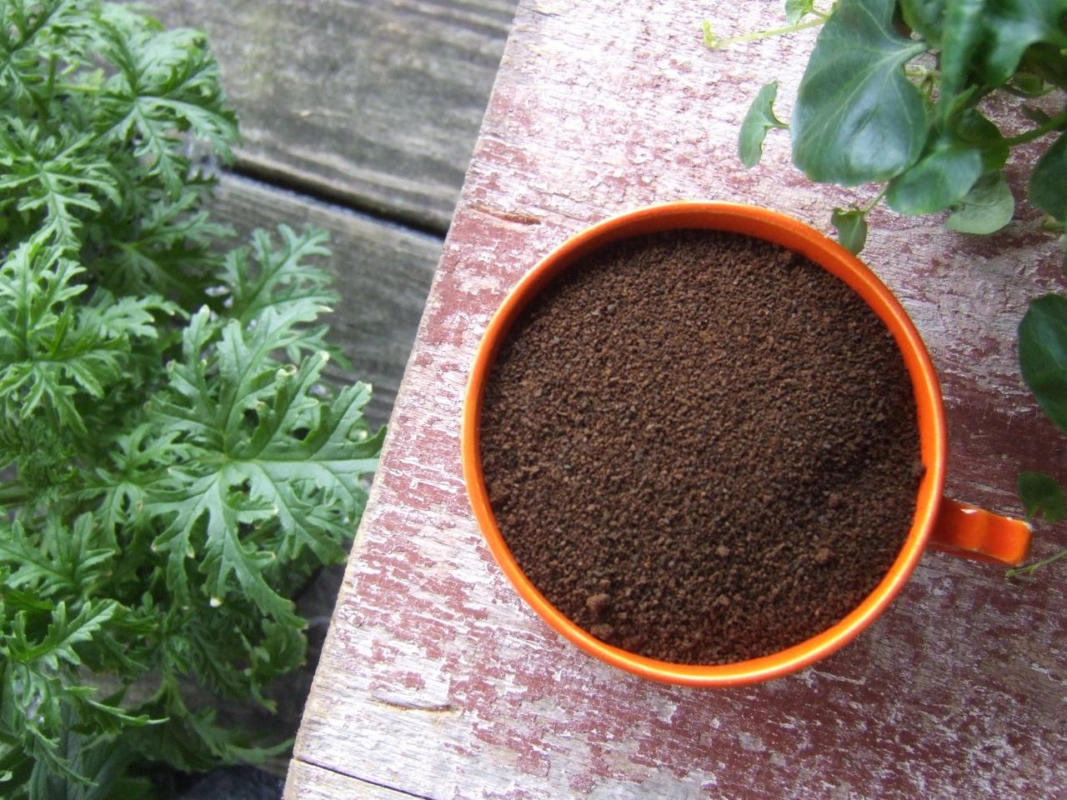You have an excellent source of natural matter right at your fingers if you prepare a regular cup of coffee. Ground coffee can make the garden better in a variety of ways. Coffee cafes commonly provide coffee grounds to gardeners for free because the coffee grounds waste product that they would otherwise have to pay to throw off.
This accessible resource sounds like a real gift to coffee-loving gardeners. Some growers. believe that adding coffee ground is unproductive or even dangerous to plants. I decided to narrate about in which ways we can use coffee grounds in the garden and how useful coffee ground can be in the garden. Here are some easy ways you can follow for using coffee ground in the garden:
Benefits of Use Coffee Grounds for Gardening:
Use as Fertilizers:
Coffee grounds can be spread directly into the garden’s soil. Dig coffee ground into the top quarter of inches of soil, or simply drop it on top and spread it. Coffee ground will release nitrogen in tiny quantities, especially when combined with dry ingredients. Because used coffee ground have a pH of approximately neutral, they must not be considered acidic. Avoid using too many coffee grounds. The tiny particles can bind together in the garden, forming a moisture layer. You can also prepare liquid form of coffee ground by mixing water. Fill a five-gallon bucket partly with soaking two cups of leftover coffee grinds overnight. For lawn and pot plants, use this liquid as the best organic fertilizer.

Feed Worms:
Once a week or so, add ground coffee to the worm bucket. Coffee grinds are a favorite of worms. For a tiny worm bucket, one or two cups of grounds per week are sufficient. Earthworms in the soil are more attracted to gardening if you use grounded coffee as fertilizer.
Use as Pesticide:
Make a barrier to keep slugs and snails out. Because coffee ground are rough, a layer of grounded coffee placed near slug-prone seedlings could save them. But, be aware that some experts disagree with suggesting coffee ground for gardening. You can examine by testing cats’ behavior. Several cats hate the scent of coffee grounds, and if you add coffee grounds to the garden, they may avoid utilizing the lawn as a litter box.
Acid Loving Plants:
New coffee grounds have higher acidity than used coffee grounds. New grounds can help acid-loving veggies like radishes. Fresh coffee grounds, on the other hand, are toxic to tomatoes, so keep them clear of that part of the garden. This could be a wonderful use for coffee in gardening.

Better for Drainage:
The hydrangeas will benefit significantly through the use of reused coffee grounds. Coffee increases the acidity of the soil and provides nitrogen to hydrangeas, causing them to bloom brightly and richly. Because coffee is a fruit, consider the quantity of nourishment you provide please do not over do it.
Use as Mulch:
Mulch is best for gardening, but several people seem to find the expense of mulch to be too high. Mulch can be made from straw or composting, but few people have lots of straw on hand, and compost takes weeks to build. As a result, it appears that coffee grinds would be an excellent mulch option for gardeners. To use coffee grounds as mulching, combine them with other organic materials like leaf compost. Coffee grounds can also be spread on the top layer of soil to prevent them from collecting together. To create proper soil structure, the idea is to have a variety of particle sizes in the soil and mulching.
Use as Compost:
Composting has a great advantage. Coffee grounds are classified as green compost because they are greenish material that is high in nitrogen. Kitchen waste and grass cuttings are two more green resources. Potassium, Minerals, and Calcium can be found in ground coffee. You can pour the coffee grounds, and the layer of filter paper into the compost bin, so when it’s appropriate to use the compost on the lawn, you’ll need to combine it with brown compost.
Conclusion:
You can easily use coffee ground by using as mulch, and organic fertilizer. Compost, pesticide and in several different ways. It is a very beneficial and inexpensive method for maintaining the garden. It is a wise option to use coffee grounds for better gardening.

